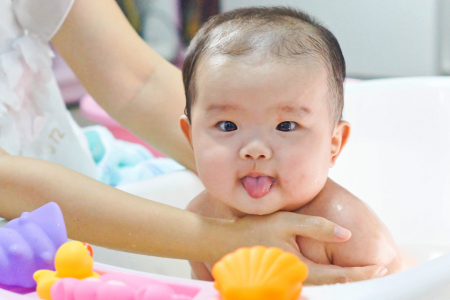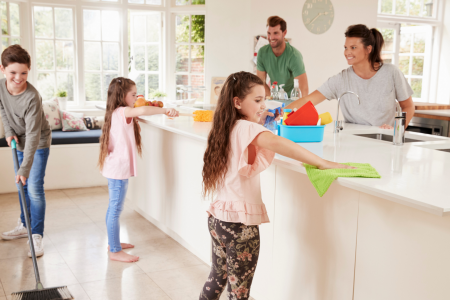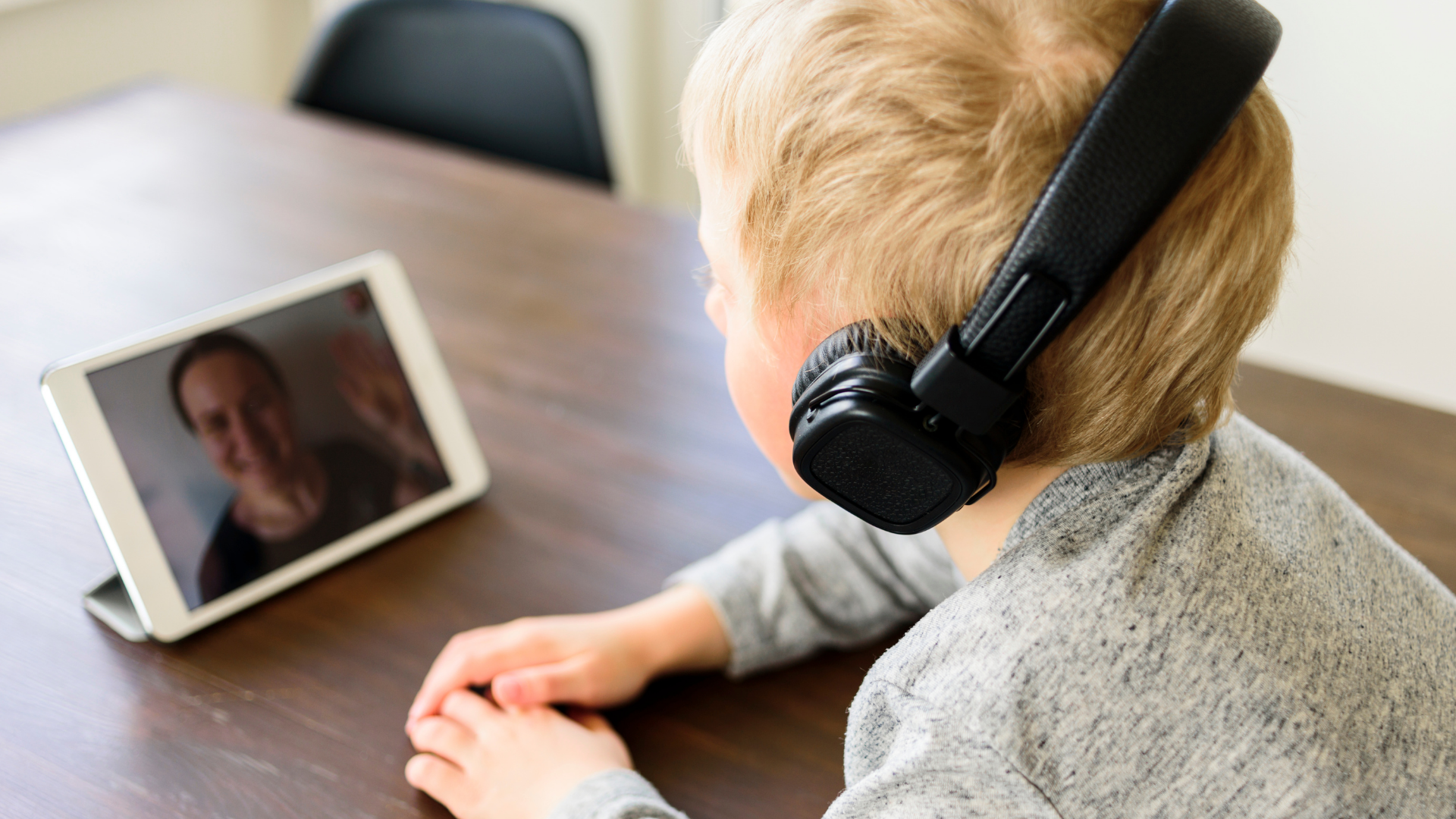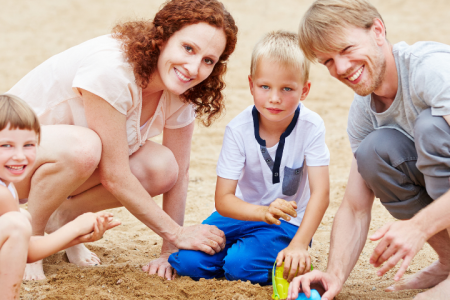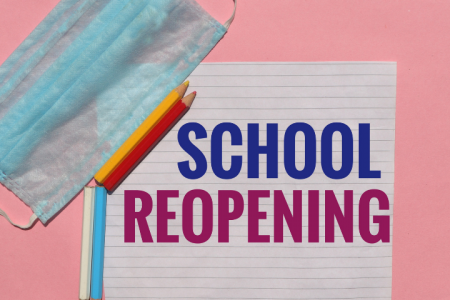Raising children who love to learn is one of the most important things parents can do for their kids. It’s essential that we give our children the best possible education and help them develop a lifelong passion for learning. But how do you go about doing this?
It takes time, effort, and dedication to create an environment where your child will thrive academically. You have to provide guidance, support, and encouragement as they grow up. This guide will explore ways that you can instill a love of learning in your children so that they are equipped with the tools necessary to succeed in school and life beyond it.
So, let’s learn more.
-
Encourage Exploration
It can be hard to know how to help your child do well at school and in their education, but one of the best things you can do is right under your nose. The idea of exploration is a key component in learning and encouraging your children to explore their interests and talents can help them find motivation and become successful.
As parents, you can provide a safe environment for them to explore different ideas and activities that interest them. This could be through reading books on various topics, having conversations about interesting subjects, or participating in creative projects.
Let them lead discussions on what interests them and allow them to research information about it. Showing enthusiasm and providing resources will give them the opportunity to find inspiration and get excited about what they are learning.
-
Set a Good Example
It goes without saying that as parents, you should strive to set a good example for your children in all aspects of their life, especially when it comes to their education.
Encouraging your children to prioritize their education from a young age sets the foundation for their academic success. Starting their educational journey early by enrolling them in a center for preschool education in Montgomeryville, PA (or nearby) can provide them with valuable learning experiences and prepare them for future schooling.
As they progress through their education, it’s important to stay actively involved in their studies and engage them in educational activities that align with their interests and learning styles. Openly discussing challenging topics or projects demonstrates the importance of education and encourages them to take their studies seriously.
Moreover, being an example of how to manage time and prioritize tasks can help your children become more successful with their studies. Showing them that you are able to juggle multiple projects while still making time for leisure activities will demonstrate the importance of work-life balance, something they need to learn early on in life.
-
Encourage Educational Trips
Field trips have always been a thrilling aspect of childhood education, offering adventures and valuable learning experiences. However, these enriching outings aren’t confined to school settings; families can embark on educational trips during school holidays or weekends. Exploring historical monuments, engaging in nature hikes, or visiting local businesses can foster a deeper appreciation for the environment and provide insights into the history of one’s hometown. Educational family trips need not involve extensive travel; even a visit to the local library or museum can be enjoyable and enlightening. Actively involving children in the process ensures they learn something new and stay engaged.
In addition to family outings, specialized learning camps can contribute significantly to a child’s education. For instance, a coding camp can be highly beneficial for children. Coding camps provide a focused and immersive environment where kids can learn programming languages and develop essential computational thinking skills. Kids often work on projects that allow them to see the real-world applications of coding, making the learning process more engaging and relevant. Moreover, these camps often incorporate elements of creativity, encouraging children to express themselves through coding in innovative ways, such as designing games or creating interactive websites.
Likewise, a robotics camp can combine education and fun, allowing kids to delve into the world of technology. Through hands-on activities, they can help build robots and understand the principles of engineering. For instance, this robotics camp has a humanoid robot, which can add an exciting and innovative dimension to the learning experience. Such camps not only provide practical skills but also promote teamwork, problem-solving, and creativity. These experiences go beyond traditional learning methods, fostering a passion for STEM subjects and preparing children for the technological challenges of the future.
-
Find the Right Resources
Finding the right resources for your children’s education is one of the most important aspects of parenting. Though it can be difficult to make sure that the resources you provide are both up-to-date and appropriate for their developmental stage, it’s also an essential part of ensuring that your child learns in an optimum way.
You can start off by researching the available educational materials and resources online. From textbooks to digital learning platforms, there are plenty of options out there that can make finding the right fit easier. While traditional textbooks may be more convenient for some families, other parents may opt for interactive websites or apps to provide their children with a more engaging way of learning.
You should also look into finding tutors for your children, especially if they need extra help with their studies. A good tutor can greatly improve the learning experience of your child and ensure that they achieve their goals.
You can easily search for highly qualified tutors online and even narrow down your choices according to the subjects they specialize in or the age range of students they typically teach.
Final Thoughts
As we have seen, our children are the future of this world and it is up to us as parents to ensure that they get the best education possible. We must be mindful of their individual needs and provide them with an environment where they can thrive academically, socially, emotionally, and spiritually.
With patience and support from everyone involved in their educational journey – including ourselves as parents – our children have all the potential in the world to succeed no matter what path they choose later on down the road.


